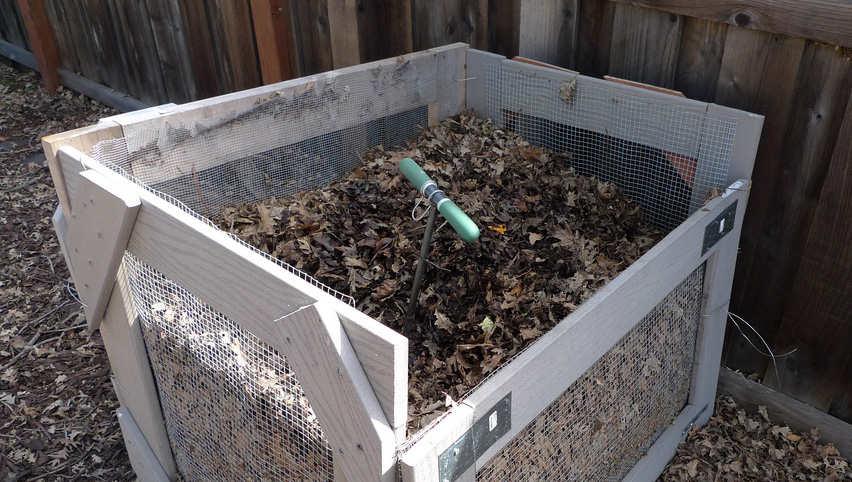The Massachusetts Department of Environmental Protection (MassDEP) has proposed a ban on the disposal of commercial organic material to be implemented July 1st, 2014. The ban is an amendment to the existing 310 CMR 19.000 Solid Waste Facility Regulations. MassDEP defines commercial organic materials as “food material and vegetative material from any entity that generates more than one ton of those materials for solid waste disposal per week, but excludes material from a residence.”
As the definition states, the ban exempts residential locations and applies to entities such as universities, hospitals, restaurants, supermarkets, and nursing homes. These institutions must find ways to eliminate their organic material, including food, yard waste, and compostable paper, rather than disposing of it in the trash. In Commercial Organic Materials Waste Ban Guidance for Business, Institutions, and Haulers MassDEP lists alternative methods corporations can employ. One option is to institute more efficient operations to reduce the amount of waste produced. Another is to donate servable foods to food pantries and homeless shelters. Companies can establish an on-site composting system to process leftover food. They can also work with their hauler to send organic material to an off-site composting or anaerobic digestion facility.
The ban aims to help Massachusetts reach its long-term environmental goals. The Solid Waste Master Plan strategized to reduce Massachusetts’s waste disposal by 30%, or 2 million tons, by 2012 and continue to reduce that amount by 80%, or 5.2 million tons by 2050. The Clean Energy Results Program aims to have 50 megawatts of anaerobic digestion in place by 2020. MassDEP also wants to increase organic material diverted the solid waste stream from the estimated current total 100,000 tons to 450,000 tons by 2020. Organic materials currently account for approximately 1.3 million tons of the solid waste stream. Therefore targeting commercial organic material will be productive toward achieving these overall environmental goals.
The ban has many advantages from an environmental standpoint. Targeting institutions that produce the largest amount of waste will be most effective in decreasing the solid waste stream overall. Facilities that process organic waste are supported by this rule and this support may grow spur further developments in the industry. More broadly, the ban is a reminder of the importance of sustainability and encourages this practice at a federal level. Hopefully other states will follow Massachusetts’s lead and continue to introduce effective and environmentally friendly rules regarding the disposal of organic material.
Written by Abigail Fagan, class of 2014
Photo credit: http://www.flickr.com/photos/mjmonty/3339134710/
Additional information obtained from Newest Waste Ban in Massachusetts: Commercial Organic Material. http://www.nixonpeabody.com/MA_to_prohibit_disposal_of_commerical_organic_material.



